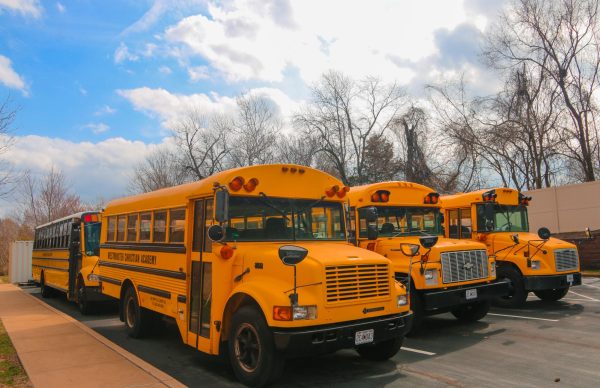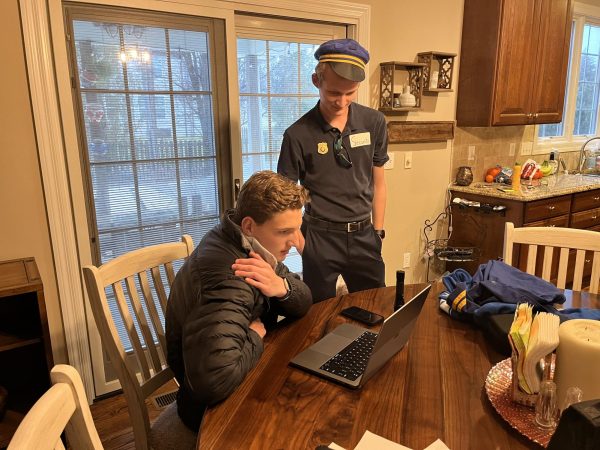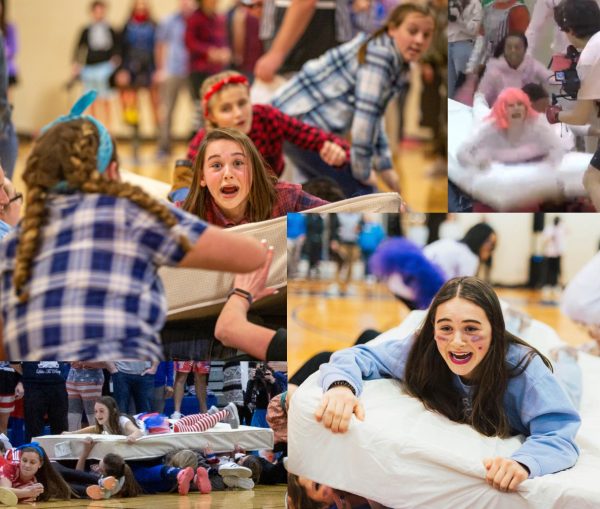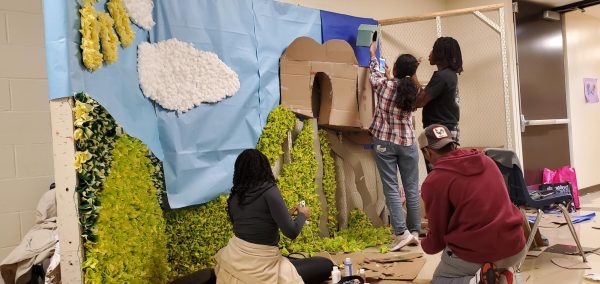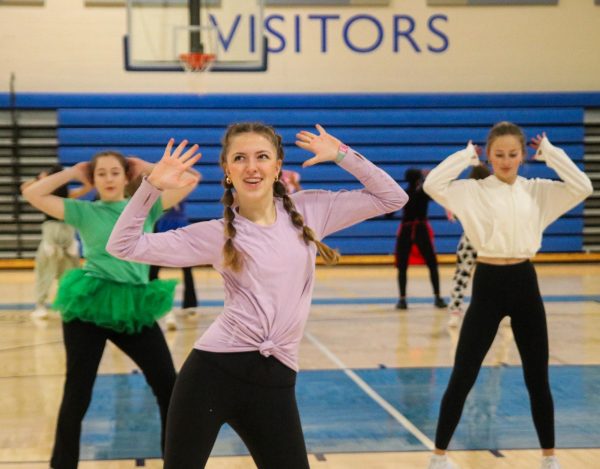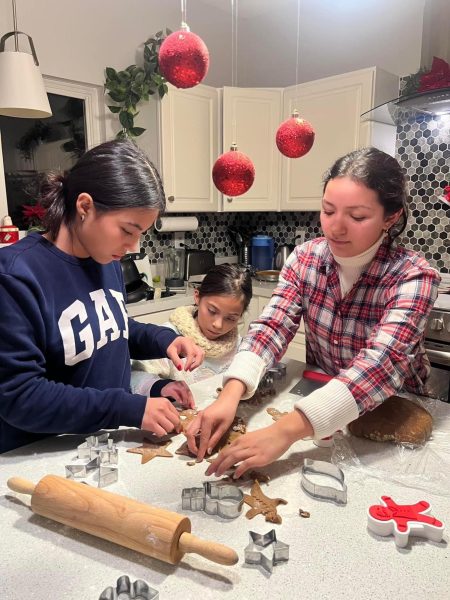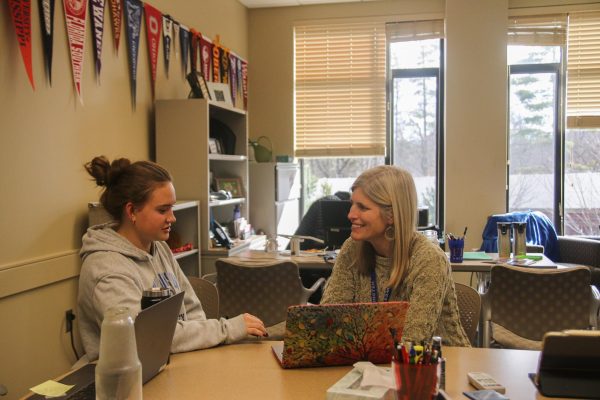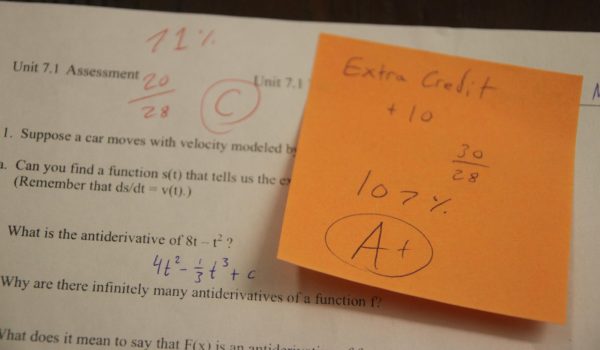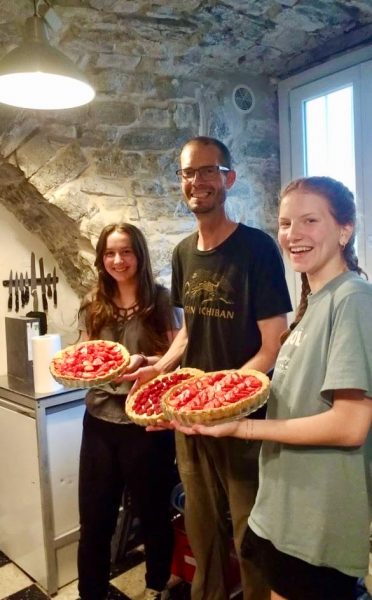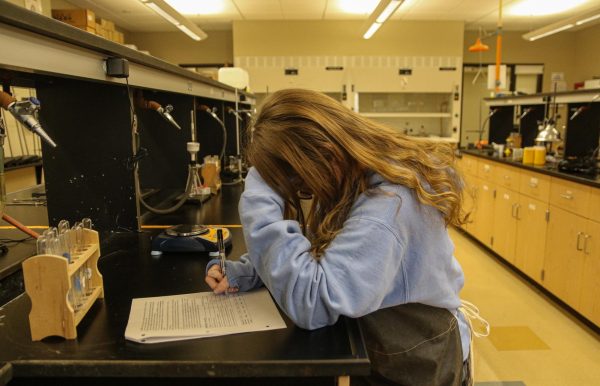Intentional Electives
Imagine if your résumé contained classes besides your core requirements, such as Art History, Psychology, or Forensic Science: classes that you had chosen, that you were excited to take and proud to have taken? Elective classes offer students the chance to explore new passions and cultivate their curiosity. However, most of students’ only choices when it comes to classes are whether they want to take regular, honors, or AP.
“The goal of Christian education is passion for learning, not what you’re learning. One of the key factors that leads to passion for learning is choice,” said Noah Brink, Assistant Head of School.
While Westminster offers several elective courses already, it is looking to add options for each area of academic interest. Some of these courses will be implemented beginning next fall. Classical Philosophy and Modern Philosophy will serve as the first Bible electives offered to students.
Race and culture will be the first history elective next year. The purpose of this course is to make students more culturally literate and aware of issues facing those who are marginalized so that they can better engage the world.
Advanced Studio Art and AP Studio Art will join the visual art courses. These courses will allow students who have a serious interest in art and wish to go further in depth to create a portfolio.
The drama department will be tacking on a Theatre Tech class for those wanting to learn more about the technical aspects of performing, such as stage managing, directing, and makeup.
Elective courses may serve as the means by which students find what they love. Taking a course like shop or anthropology could spark such an interest in a student that they decide to study the subject.
“We have very gifted teachers, and we want to give them the option to try something new, something to liven them and the student. Elective courses should be ‘kid magnets’, where a kid sees the class and says ‘Cool, I wanna’ take that.’ Students should come out of high school with excitement for the classes they took,” said Brink.



